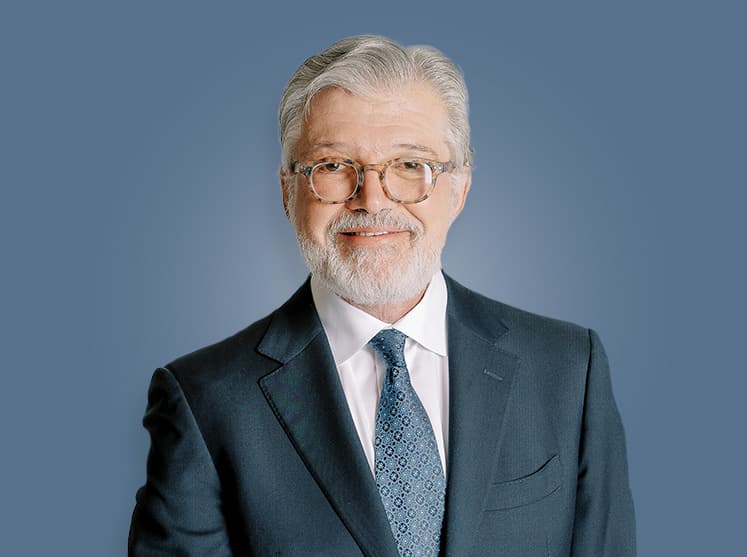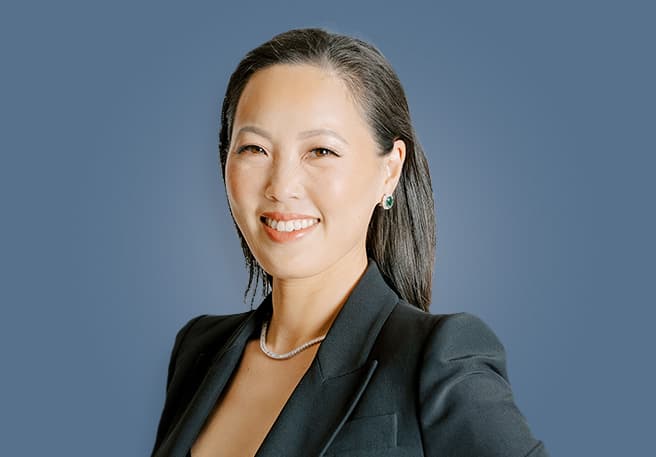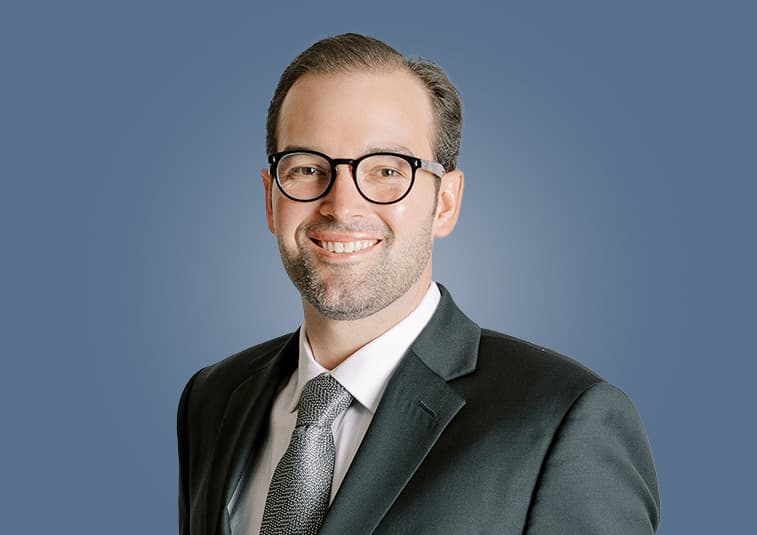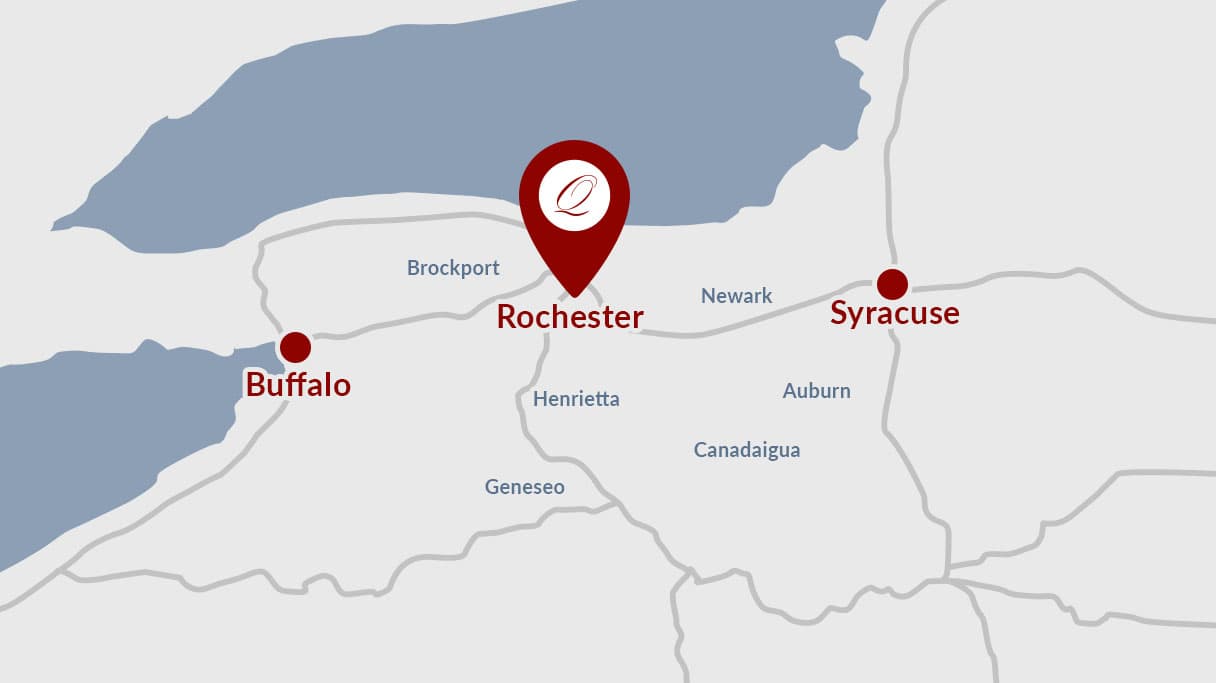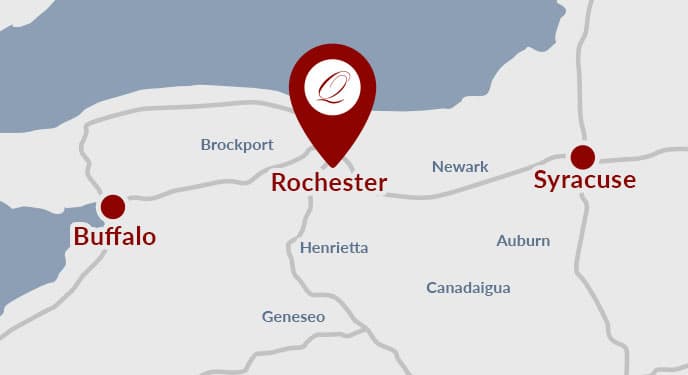Preparing For Your Procedure
After years of performing successful hair transplant procedures in Rochester, NY, it’s clear that the most important goal is a natural result. To achieve these results, we need to follow well-established principles of natural hair growth. The more you know about natural hair growth and your procedure, the better your hair restoration result.
Therefore, we will first discuss the principles of natural hair growth and then we’ll discuss specifics about your hair replacement procedure.
A single unit of hair is called a follicular unit. This follicular unit may contain one, two or three hair follicles. When we obtain, preserve and transplant hair honoring this naturally occurring follicular unit, we achieve a more natural result.
To obtain these follicular units, a strip of hair is obtained from the back or sides of the head where hair is plentiful. This hair will be segmented into grafts for placement in the area or areas where hair is thinning. The donor site in the back of the head may be closed with dissolvable sutures.
While we prepare your scalp for hair transplantation, other members of our team are busy slivering and grafting the strip of hair into the hundreds of individual follicular units for relocation. The preparation of each follicular unit is exacting, microscopic work. It is crucial to place the grafts in a direction and orientation consistent with natural hair growth.
Finally, we place hundreds of follicular units in the recipient sites. While hair is being placed, you will be in a reclining position for most of the day and your comfort will be maintained with local and oral medications.
Many clients notice tiny red dots in the scalp for about ten days. Approximately one month following hair transplantation, the transplanted hair falls out. New growth will be noticeable at approximately four to six months following your hair restoration procedure. The final results take approximately one year to appreciate as the hair becomes more dense and fuller in appearance.
When hair transplant procedure is performed in a manner that is consistent with your hair growth, the outcome is a natural appearance. And best of all, it’s entirely your own hair.
Now that we have learned about the science of hair growth, let’s look at some specifics about your hair transplant procedure. In order to obtain the best possible result, we have some special instructions we ask you to follow.
Renowned Hair Restoration Specialists
Vito C. Quatela, M.D., FACS
Double Board-Certified Facial Plastic Surgeon
Dr. Quatela is recognized worldwide for his expertise in facial rejuvenation and has performed hair transplant procedures for more than 30 years. He is a diplomate of the American Board of Hair Restoration Surgery—the only certification recognized by the International Society of Hair Restoration Surgery.
Heather Lee, M.D.
Double Board-Certified Facial Plastic Surgeon
Dr. Lee completed fellowship training in advanced hair restoration methods under Dr. Quatela. A specialist in procedures of the face and head, Dr. Lee is known for the attention to detail and meticulous technique she uses to consistently produce natural-looking results.
Dr. Alex Montague, M.D.
Double Board-Certified Facial Plastic Surgeon
Known for his exemplary skills in both technique and patient care, Dr. Montague is a double board-certified facial plastic surgeon and otolaryngologist-head and neck surgeon. He specializes in cosmetic and functional facial surgery and injectable treatments.
What do I do to prepare for hair restoration?
Is there anything else to do to prepare for my procedure?
- Two weeks before your procedure you will receive a phone call from our hair team nurse to review your instructions and answer any questions about the hair restoration procedure. This telephone call will be scheduled the same as an office visit would be. At that time, we will remind you to start Vitamin C 1000 mg. three times a day for two weeks before and two weeks after hair transplantation to help with healing.
What do I need to do at one week before my hair restoration procedure?
- At one week prior to the hair transplant procedure, it is important to stop nicotine products and alcohol. It’s also important that your scalp is not sunburned. You will receive a phone call from a member of our nursing staff to review your health history. This telephone call will be scheduled the same as an office visit would be.
- You will not need to take any special prescriptions before your hair restoration procedure. However, there are three prescriptions to take after your procedure. One is an antibiotic to prevent infection. One is to have on hand in case you have any discomfort and one is for swelling. If you would like your post-operative prescriptions called in ahead of time, please have your pharmacy name and number available for the nurse when she calls. We will ask you to refrain from any form of exercise for three days prior to your hair restoration procedure to minimize bleeding.
What about my daily medications?
- It is important to remain on your daily routine medications as prescribed by your primary care doctor. We will instruct you ahead of time which daily medications to take with just a sip of water and which medications to skip on the hair restoration procedure day.
- If you use inhalers for breathing, it is important to use the inhalers on the morning of the procedure as directed and also bring the inhalers with you to the Quatela Center for Hair Restoration on the day of the procedure.
What time is my hair restoration procedure?
- The BUSINESS DAY before your hair restoration, our hair team will call you with the time to arrive for your surgery. Most hair restoration procedures start between 6 and 7am.
Where do I check in for my hair transplant procedure?
- You will park and come up the same walkway as you did for your initial consultation. The only difference is that you will enter the first door on the left, Suite 101.
What happens on the day of my hair restoration surgery?
- Before you come to the Quatela Center for Hair Restoration, shower and do your usual morning grooming routine. It’s ok to brush your teeth but avoid any hair gel, hair spray, conditioners or make-up. Wear comfortable clothing that you will not have to pull over your head. Leave valuables, cell phones and beepers at home. If you need to make a phone call, we will be happy to provide a phone.
Will I be awake for the hair transplant procedure?
- Many clients watch their favorite videos or listen to relaxing music. You will be in a reclining position so reading or computer work is difficult. We recommend bringing your favorite DVD’s appropriate for mixed company or music CD’s for entertainment. We also provide cable TV.
- Oral sedation is available for patients who are nervous or have difficulty sitting still for a long period of time. If you chose to have oral sedation, you must have someone drive you home. For your safety, public transportation, such as a taxi, is discouraged.
How long does my hair restoration procedure take?
- It depends on the number of grafts but you should plan to be here the entire day, with rides available in the early morning through the evening. This is an ambulatory procedure, which means you go home the same day as the hair restoration procedure. You do not have to have someone stay at the Lindsay House while you have your procedure, however someone must be available by telephone at all times while you are at the facility.
- We ask you to plan on spending the day with us. Any unusual bleeding or graft popping can prolong the hair transplant procedure. This is why it is so important to follow the pre-operative instructions. Bleeding during the hair transplant adds hours to the amount of time necessary to complete the procedure and also lessens the chance of the grafts to take. Check with the pharmacist before using any over the counter medications or supplements we discussed or any cold, flu or allergy medications three weeks prior to the hair restoration procedure.
Is hair transplantation painful?
- Your scalp is numb during the procedure so it’s relatively comfortable. Also, we have pain medication available for discomfort during the hair restoration procedure. Just let us know so we can keep you comfortable. If we use the medication for pain during the procedure, you will need transportation following your procedure.
- After arriving home, most clients complain of discomfort more than pain and some experience a dull headache. Our clients tell us the prescription medication really helps with discomfort and aids in sleeping.
Do most clients need to arrange for a ride home after surgery?
- We recommend it. Transportation and having a responsible adult stay with you overnight should be arranged prior to your hair transplant procedure.
Will I have a dressing on my head?
- We will provide you with a baseball cap that you will wear when you leave the Lindsay House. There is no dressing in place. You should expect to see little “crusts” at many of the graft sites which will typically fall off within 7 to 14 days. Please don’t pick them off as you may disturb the newly planted grafts.
Tell me about the donor site.
- The wound at the back of the scalp where we obtained the grafts may be closed with clear, absorbable sutures that look like fishing line with a slightly yellow color. They dissolve in about 10 to 21 days and will most likely become loose at some point during shampooing. They don’t require any special care.
- It is uncommon that we use staples to close a donor site. If we do, we will give you an appointment to return in one week to have the clips removed.
Does this hair transplant procedure affect my ability to sleep?
- It is important to sleep with your head elevated on two to three pillows for one week after the hair replacement procedure. It is not uncommon for clients to have some sleeplessness from this position change. This sleeplessness typically improves quickly.
What prescriptions are needed before or after hair transplant surgery?
- You will not need any special prescriptions BEFORE the procedure except the vitamin C 1000 mg three times a day to promote healing as we discussed.
- The written instructions outline all the directions for the three prescriptions needed AFTER the hair restoration procedure.
- The first is an antibiotic (typically Keflex or the generic name of cephalexin). This is to prevent infection. You will start this when you arrive home after your hair transplant procedure and then one tab at bedtime. Then follow package directions.
- The second prescription is for discomfort (typically Vicodin or the generic name of hydrocodone or Percocet (oxycodone). As a rule, discomfort is very well managed following hair transplantation. A dull headache or ache at the donor site for two or three days is not uncommon. Please remember that alcohol should be avoided when taking pain medication, as should operating heavy equipment.
- The third is to prevent swelling and is called medrol dosepack or methyleprednisolone. This comes in a little plastic box. Take three when you arrive home and three at bedtime. Then follow package directions to complete the package.
When should I resume my daily medications?
- It is important to resume all routine daily medications on the day following your hair restoration procedure unless you are instructed otherwise. Also, please continue to avoid aspirin, ibuprofen and the over-the-counter supplements we discussed for three days following your procedure.
I use Rogaine. When can I resume taking it?
- You may resume Rogaine 3-4 weeks postoperatively at the instruction of the physician or Nurse Practitioner, and Propecia may be resumed the day after the hair transplant.
When is it ok to shampoo my new hair grafts?
- Four days after hair transplantation, you may gently shampoo your hair.
When will I need to come back for follow-up?
- Our patient consultant will assist you in making post-operative appointments. You can use the privacy side entrance along the driveway if you wish. The location for this door is provided in your written instructions. If you have any questions about this, just ask our patient consultant to show you this entrance when you are at the office.
I’m from out of town. How long do I need to stay in Rochester, NY?
- It’s a good idea to stay in Rochester, New York, overnight one night.
How long will I be out of work after my hair transplant surgery?
- That depends on the degree of privacy you are trying to maintain. Some clients are out of work about four days while others stay out of work two weeks until the pinkness is gone.
When can I work out?
- Remember that aerobic activity, heavy lifting, bending and straining is to be avoided for one week post-operatively. If you need a note for work or the gym, one will be provided for you upon request.
Your Destination for Hair Restoration
The Quatela Center for Hair Restoration is a leading name in hair restoration across upstate New York. Men and women frequently travel from outside the area—even internationally—to enjoy our refined expertise in creating natural-looking hair transplant results.
Traveling From Buffalo
Traveling From Syracuse

